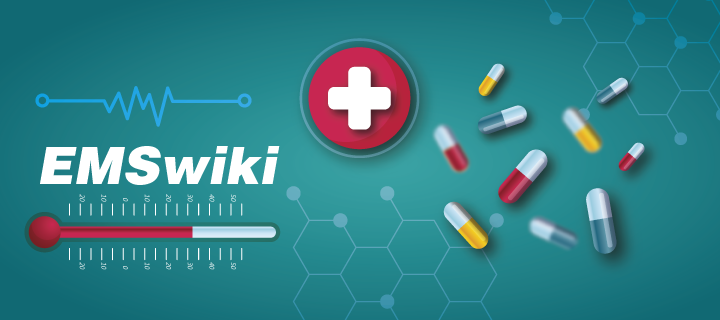
Barium: An Invisible Ally in Medical Diagnostics
Barium in Medicine: An Overview
Barium, a chemical element with multiple applications in the industrial field, also plays a crucial role in medicine, thanks to its ability to enhance the visualization of soft tissues in radiographic images. Barium sulfate, one of its stable forms, is commonly used in diagnostic tests as a contrast agent for radiographic examinations of the digestive system.
Diagnostic Applications of Barium
Procedures involving barium allow doctors to thoroughly examine the esophagus, stomach, small intestine, and colon, identifying conditions such as tumors, ulcers, polyps, and structural abnormalities. Techniques like the barium enema, small bowel follow-through, and upper GI series provide clear and detailed images, essential for accurate diagnosis.
Preparation and Procedure
Before undergoing a barium examination, patients must follow specific instructions to adequately prepare their bodies, such as adhering to a liquid diet and using laxatives. During the test, barium can be administered orally or rectally, depending on the area being examined. The procedure involves the collaboration of experienced radiologists and radiographers, who guide the patient through the steps, ensuring comfort and the effectiveness of the examination.
Post-Procedure Considerations and Safety
After the examination, patients can generally resume normal eating, although they may experience temporary constipation or changes in stool color. It is essential to follow post-test recommendations to facilitate the elimination of barium from the body and prevent complications. Although barium procedures are generally safe, there are risks associated with exposure to X-rays and possible contrast reactions. Therefore, communication with the medical team before and after the examination is essential to mitigate these risks.
The use of barium in medicine represents a fundamental pillar in imaging diagnostics, enabling the detection of otherwise invisible pathologies. Thanks to technological advancements and attention to patient safety, barium examinations continue to be a reliable and valuable method for both doctors and patients.
Sources


